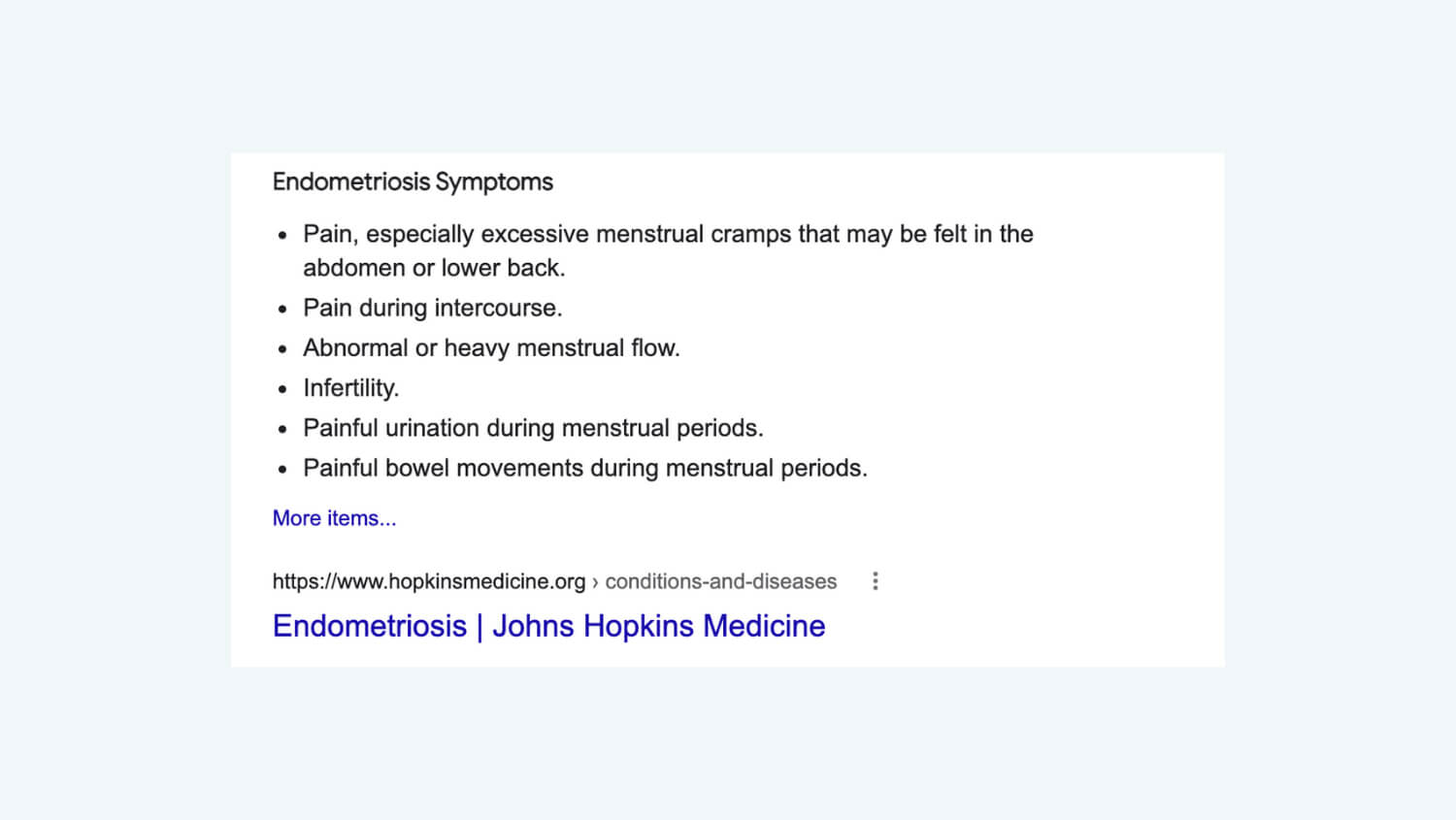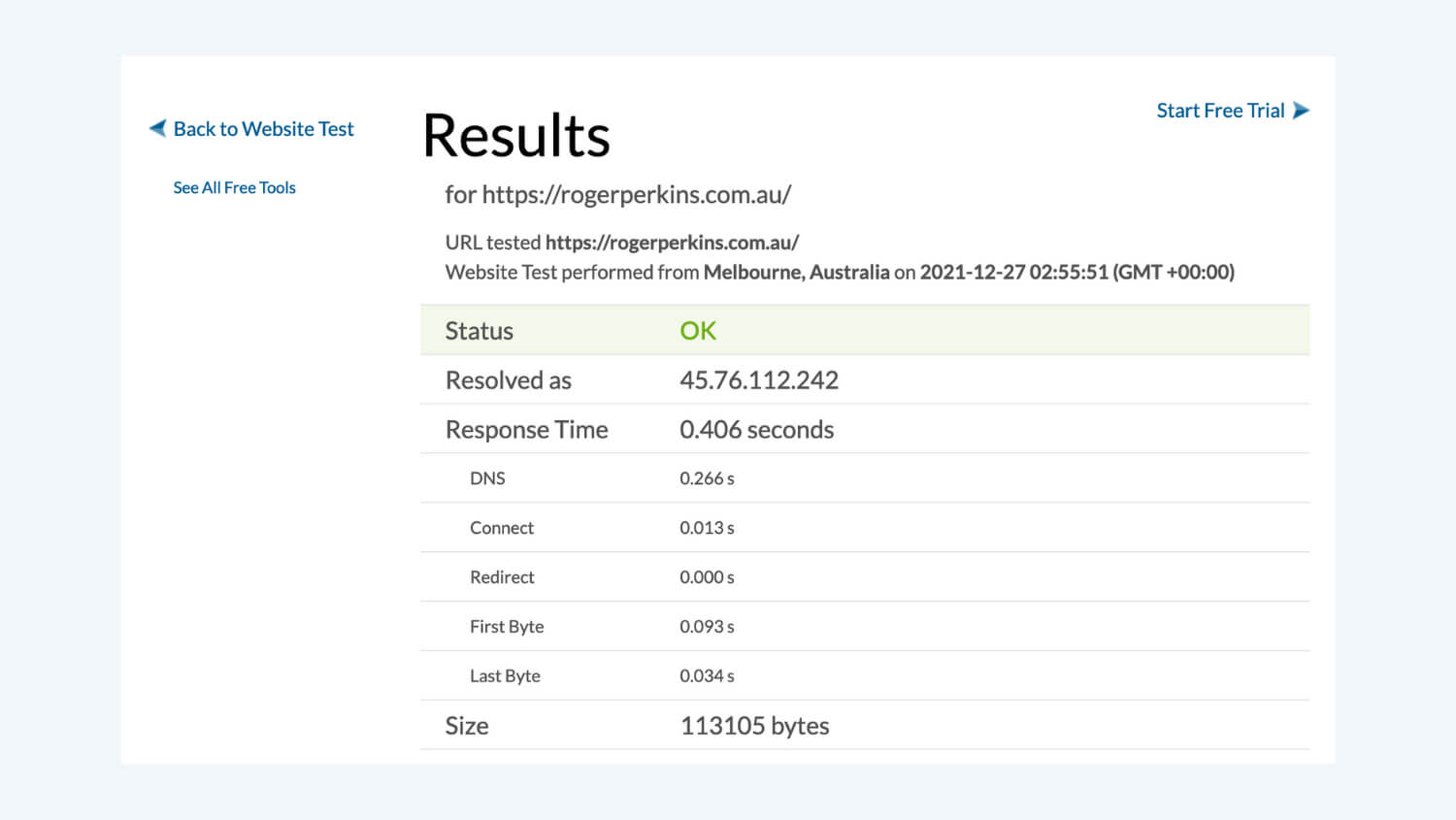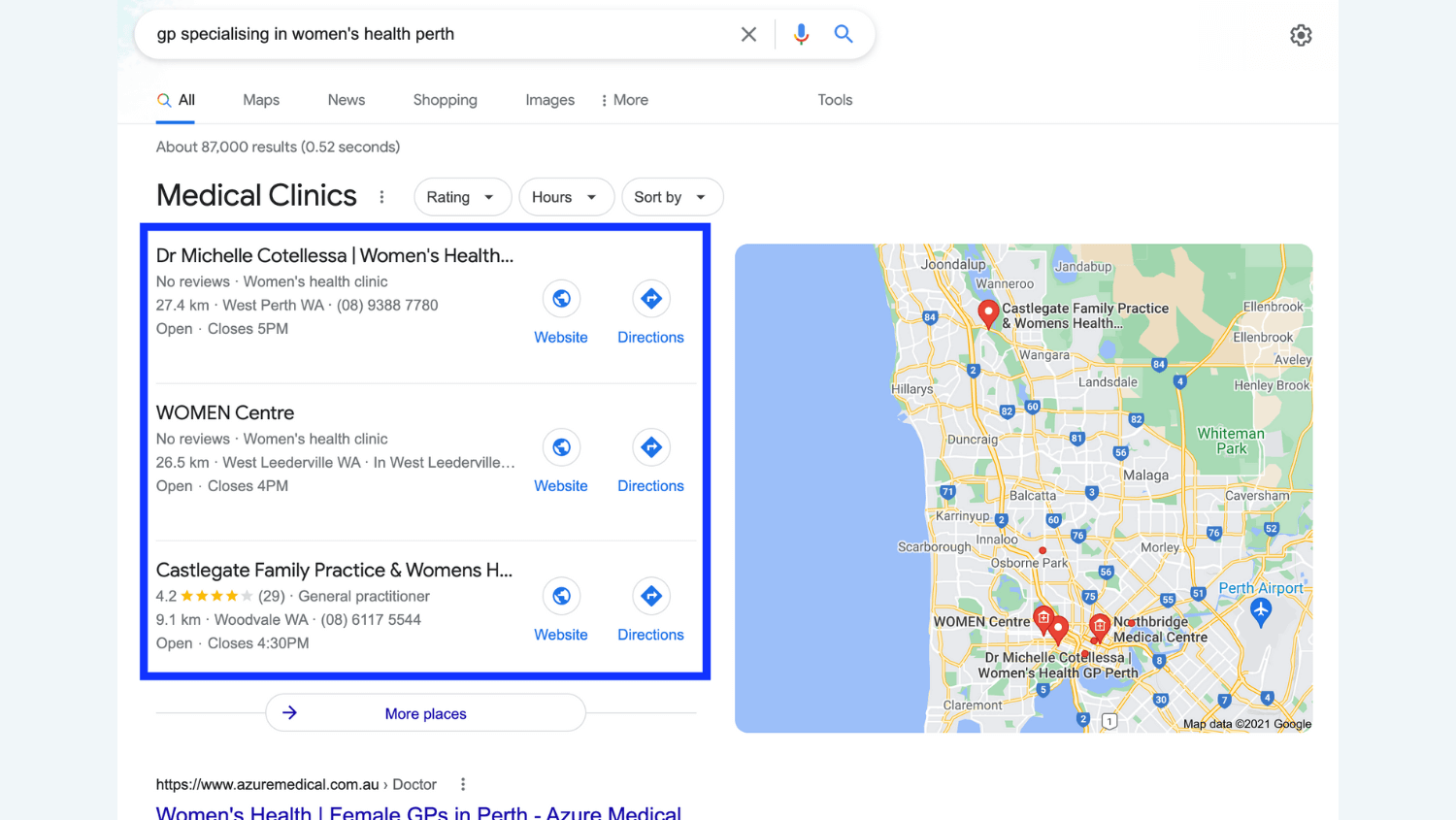
What are web metrics and how to read them as a doctor?
Web metrics define how visual you are when
patients are googling for a specialist or surgeon.

Web metrics define how visual you are when
patients are googling for a specialist or surgeon.

Is your online content ready for more artificial intelligence? How
does your practice perform in the digital space?

How do you know your SEO agency is not
creating toxic backlinks? Start here.

The role of a medical SEO consultant is rapidly changing. It used to be just about generating clicks. In today’s private health market, your SEO consultant wears more than one hat and becomes a sounding board for the business development of your private practice.

If you have started out as a doctor more than a decade ago, chances are that Google behaviour never really mattered in the early days of your career. Now it does. In this article, we help you keep an eye on how patients search for medical information and how you can use this to build a contemporary private practice.

In this article, we discuss how you write for your patients. Copy on your website, LinkedIn articles and posts, and other platforms. How do you get information across, avoiding overwhelm and with a clear focus on conversions?

Any doctor in private practice will look into medical search engine optimisation at some stage. Before you dismiss it or delegate it to a temporary admin team member, read this article about the missed opportunity when a private practice is not ranking well in Google search.

Why would you need a content library as a doctor? In this article, I will unpack the success habit used by leading surgeons, specialists and allied health professionals to make content work. Why? Because your online content is a system that generates leads…or it isn’t. You choose.

When a surgeon or specialist was discussing the performance of a private practice, the story always seemed to focus on GP referrals. Until recently. The data collected by Digital Practice across all specialties in the Australian private health market is clear: content marketing, creating a direct connection between the specialist and the patient, is here to stay. Let’s go over the mechanics so you can apply them to your private practice.

There is a lot you can do internally to amplify the impact of your online marketing. In this article, we talk about the research you can do in regards to your patients’ information needs. With that intel, you can make your online presence stand out and drive more patients to your practice.

Google loves content and looks at it as a combination of web pages. On healthcare websites the big question is often about the size of your ideal website. If your goal is to have a clean professional profile, a one-pager website might do. If you want visibility for several treatments, stay with us for this article about the number of medical web pages you need for Google visibility.

What difference does my website make? It could be your rhetorical question and it’s one I often hear in business workshops for doctors. Time to unpack the data behind specific case studies, from bariatric surgery and gastroenterology to psychology, from women’s health to orthopaedic surgery.

How does Google rank your private practice, compared to other specialist doctors in your area?

This article is for you as a private practice owner or manager, with a focus on more ROI for your medical advertising or marketing.

Subscribe now for our 1st March webinar if you have been looking to remove negative reviews on Google.

In this article, I’ll explain why updating your website content may improve your Google rankings.

This post will save you tens of thousands of dollars this year, simply because you will avoid the big medical SEO pitfalls that cause many doctors to make…

If your online visibility depends on Google Ads, you are probably familiar with monthly invoices issued by Google.

Does your private practice experience digital competition? It’s this feeling that other specialists are often more visible online…

Page headings are an important aspect of the way your web pages are built and they tell your users what the content is about.

In this article, we focus on the 6 most important SEO strategies to get your medical practice to the top of Google.

In this digital era, online visibility is key, and local search engine optimisation or SEO is essential to grow your practice. So let’s go over the essence of local SEO for surgeons and specialist doctors.

In this article, we cover the essence of content marketing, the timelines that are involved, the place of backlinks and Google Ads and how to navigate the world of search-engine-optimisation tips out there.

Consumers and patients get targeted ads in their regular news feeds, disguised as headline news.

Yes, it does, but long blogs for the sake of it won’t make a big difference. Your content needs to be relevant to your target audience

These three unique writing power tips will help you increase your patient traffic and I will tie it all together for you in a short video.

Whenever you put your business hat on, you will look at how visible your medical website is for the surgery type or treatment you offer.

Google rarely discloses its internal recipes and when it does, we’re all over it. Because the strategies we put in place for our customers are built on quality content.

We have said it before and we will say it again: adding relevant high-quality content can be very powerful.

If you have been wondering why your practice website is not ranking on Google, check if the 3 most common reasons for this situation apply to your online presence.

If you have been wondering how to grow your private practice, you may have overlooked the power of online visibility.

Images are an important aspect of your overall web appearance and credibility as a medical practitioner. However, they also play a role in how well your website is ranking.

Medical content marketing helps you build a successful and future-proof private practice. If you are building your patient numbers and reputation, why not tap into …

